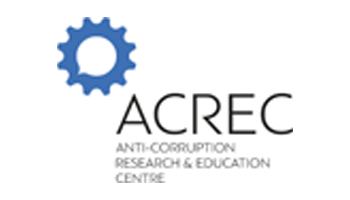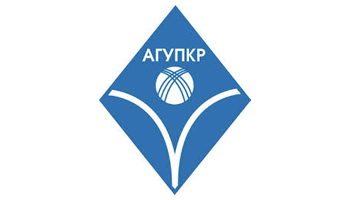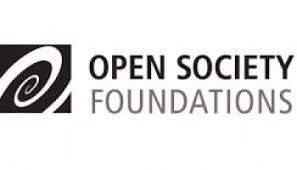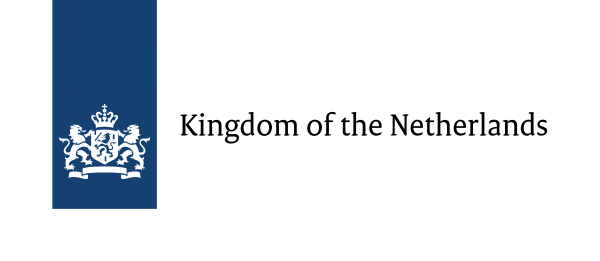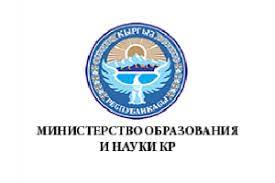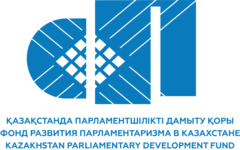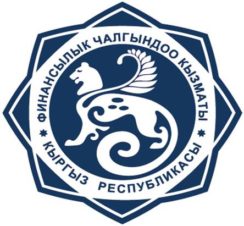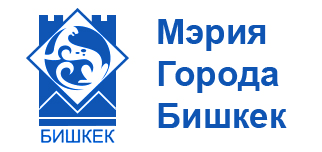
The recovery of assets stolen through corruption represents the actions of the state to repatriate the proceeds of corruption hidden in foreign jurisdictions.However, the lack of a well-developed legislative framework, bureaucratic red tape, lack of awareness of the global experience in the return of illegal assets, political corruption leads to a significant delay in the process of returning assets back to the state budget.The losses incurred by countries due to insufficient qualifications in the implementation of the asset recovery process are colossal and amount to billions of dollars a year.All of these issues were discussed during a series of lectures on the recovery of stolen assets for students of the academic anti-corruption certified program, led by well-known international expert Richard Messick.A well-developed legislative framework of the country in the field of asset recovery, skills in their practical application, as well as general awareness of the practice of international experience in the field of asset recovery are necessary conditions for the repatriation of illegally withdrawn property and for an effective investigation.Concluding the classes, Mr. Messik noted the need to improve the system of combating the withdrawal of funds obtained by criminal means, to strengthen the role of civil society institutions in this process, as well as to improve legislation in order to fully comply with the recommendations of the FATF (Financial Action Task Force on Money Laundering), which in turn, with full compliance, would significantly reduce the risk of money laundering obtained by criminal means and further withdrawal of assets from the country.The Central Asian Research Institute on Corruption and Money Laundering would like to thank Mr. Richard Messick for his fruitful lectures and important recommendations.We also express our gratitude to ACREC (Anti-Corruption Research and Education Center) for the comprehensive support provided in conducting these lectures.The program is being implemented with the financial support of the Soros Foundation-Kyrgyzstan, in cooperation with the Academy of Public Administration under the President of the Kyrgyz Republic.




